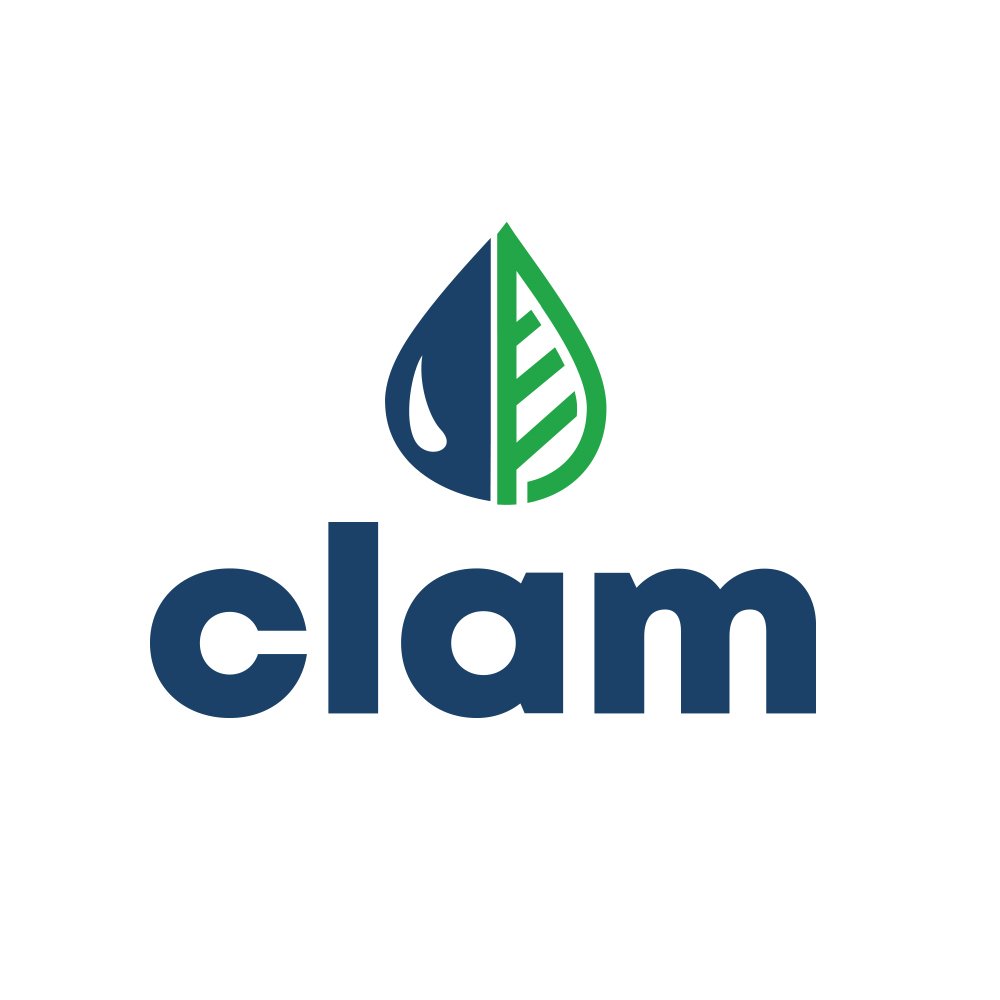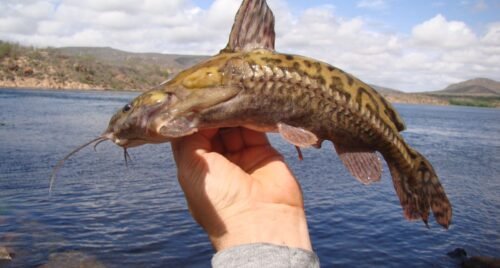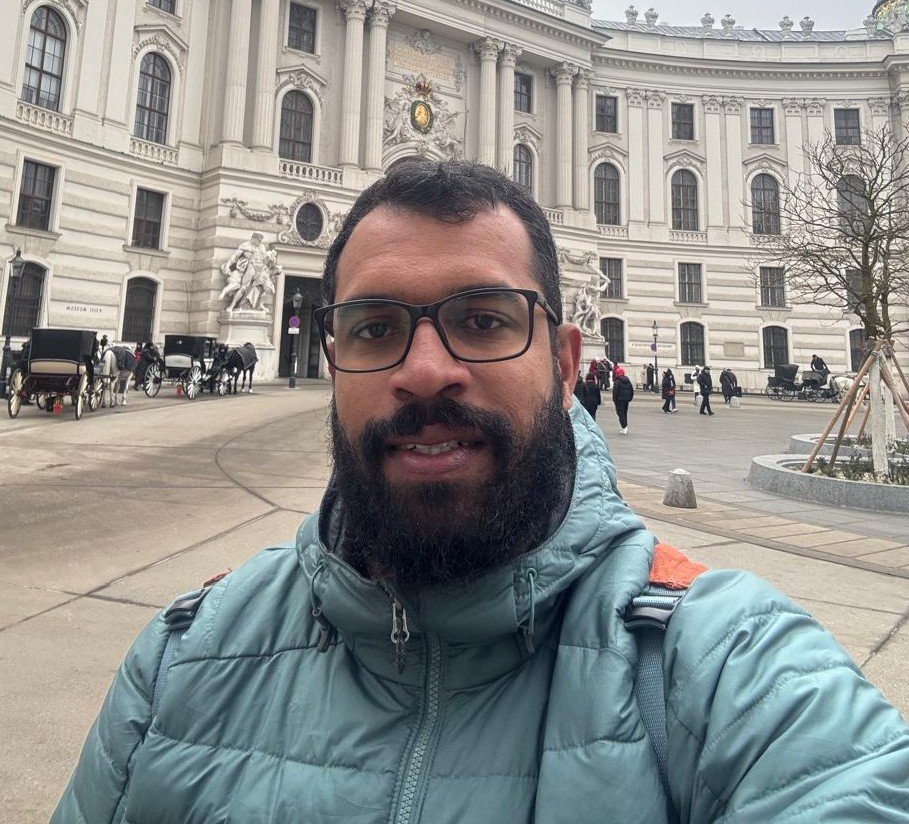The instrument is pioneering in Brazil and will bring greater speed, transparency, and standardization to processes.
Minas Gerais será o primeiro estado do Brasil a renovar as licenças ambientais baseando-se em um índice de desempenho ambiental, agregando celeridade, transparência e padronização aos processos. Nesta sexta-feira (23/6), o Government of Minas Gerais published a decree that provides for the evaluation of environmental performance criteria in the analysis of license renewals, which will be regulated through a joint resolution by the State Secretariat for the Environment (Semad), the Minas Gerais Water Management Institute (Igam) and the State Environmental Foundation (Feam).
Primordialmente, com a resolução, será criado o Índice de Desempenho Ambiental no Permissing (Idal) will be created, aiming to quantify, based on qualitative results, the performance of projects that require the renewal of environmental licenses from Semad. "It is an innovative action by the Government of Minas that will have a positive impact, especially on the proper environmental performance of licensed companies. With Idal, we will show society the benefits of licensing from the perspective of environmental improvements and effective performance of licensed projects," comments Marília Melo, State Secretary for the Environment and Sustainable Development.
According to her, this pioneering instrument contributes to bringing greater legal certainty to the concept of performance, providing a more efficient approach during the analysis of operating license renewals and contributing to the elimination of process backlogs. Currently, 35% of overdue licensing procedures are related to operating license renewals. This percentage corresponds to 140 processes.
Pioneering Initiative
Primeiramente, o Idal surgiu a partir do trabalho de mestrado do gestor ambiental da Superintendência Regional de Meio Ambiente (Supram) Central, Cláudio Mesquita. Com o olhar para otimização do licenciamento junto a um melhor desempenho das empresas, Cláudio desenvolveu o índice com base em pesquisas e abordagens científicas. Em 2021, ele apresentou o trabalho à secretária Marília, que solicitou, então, a criação de um Grupo de Trabalho para desenvolver a proposta.
"There was no concept of environmental performance that could be demanded from the entrepreneur. With the indicators, the analysis becomes more standardized, which impacts the speed of the processes. Throughout the validity of the license, the entrepreneur can observe the criteria that may impact the renewal of the license for their activity. Thus, they pay more attention to environmental impacts," says Cláudio Mesquita.
According to him, Idal consists of four indicators (conditions, self-monitoring, remediation of non-compliance, and critical event existence) that will indicate whether a company can have its license renewed. For each indicator, there is an evaluation score that, when added up, corresponds to a final number indicating the project's performance in relation to environmental quality. It will be assessed, for example, whether a certain condition was fulfilled and whether it was done within the deadline or not. "As the company's evaluation is carried out, any inadequacies can be identified. In that case, for example, the problem will be shown to the company. The company's response to the problem impacts the final score of Idal," he explains.
SOURCE: Agência Minas





